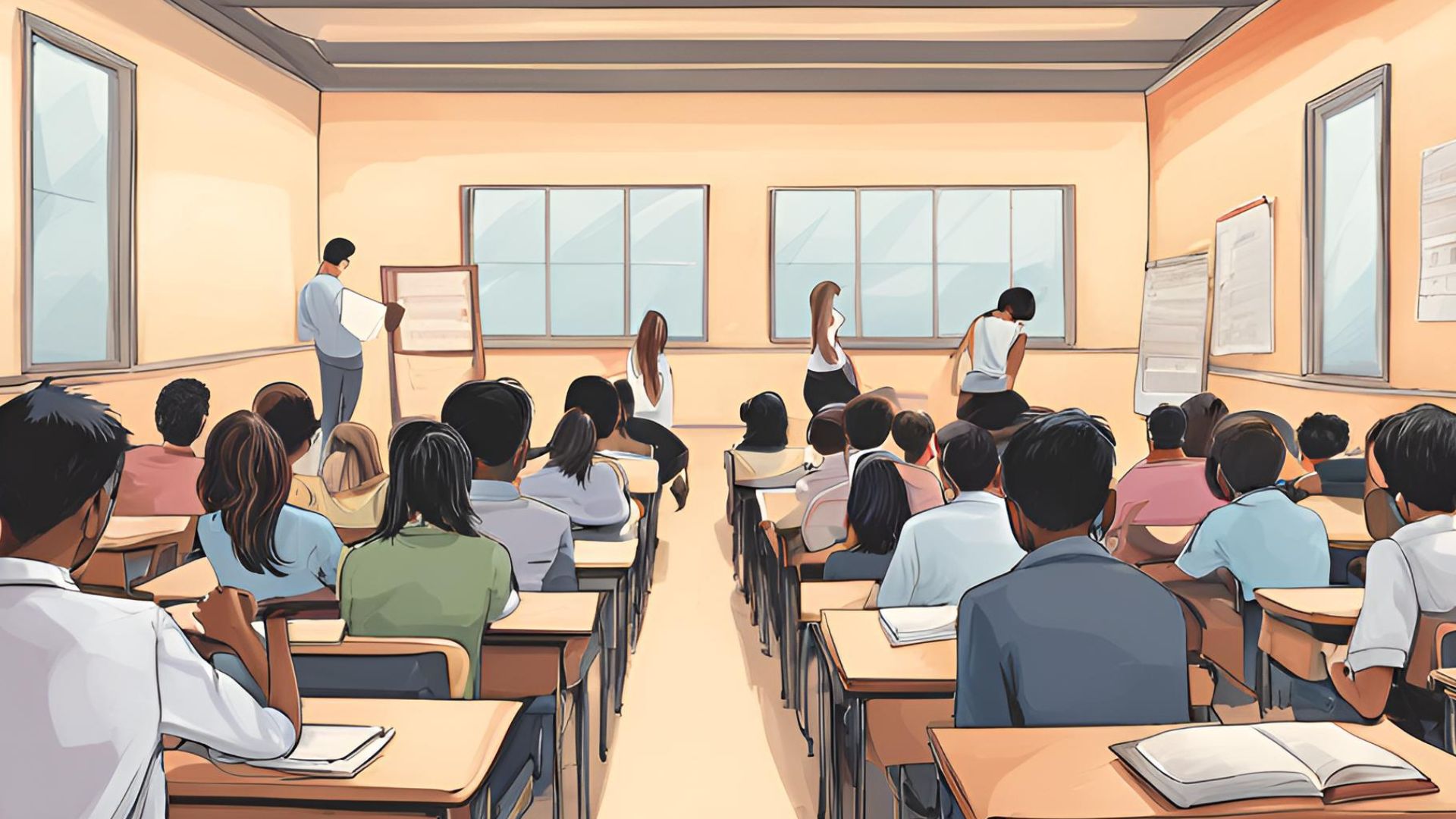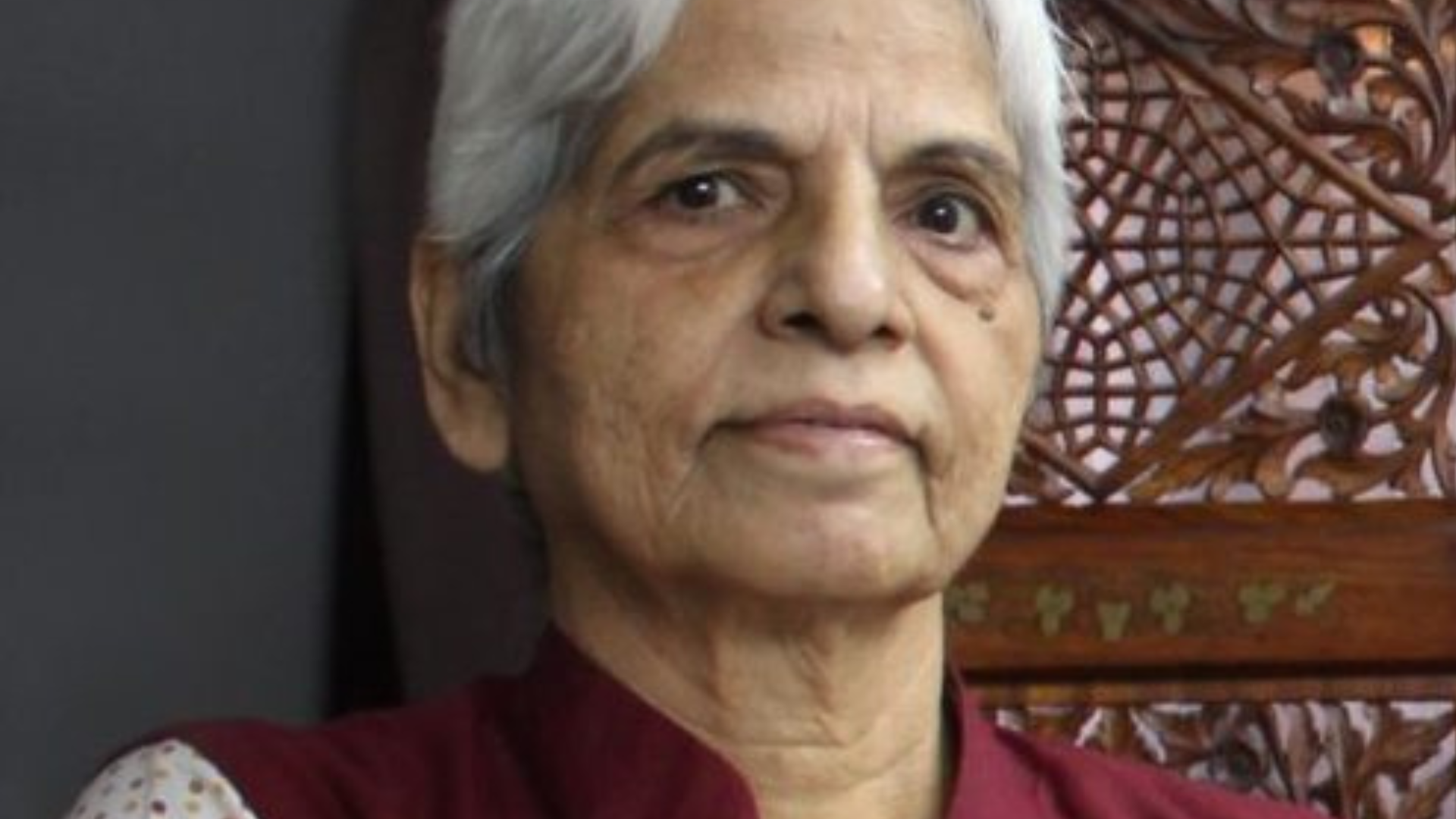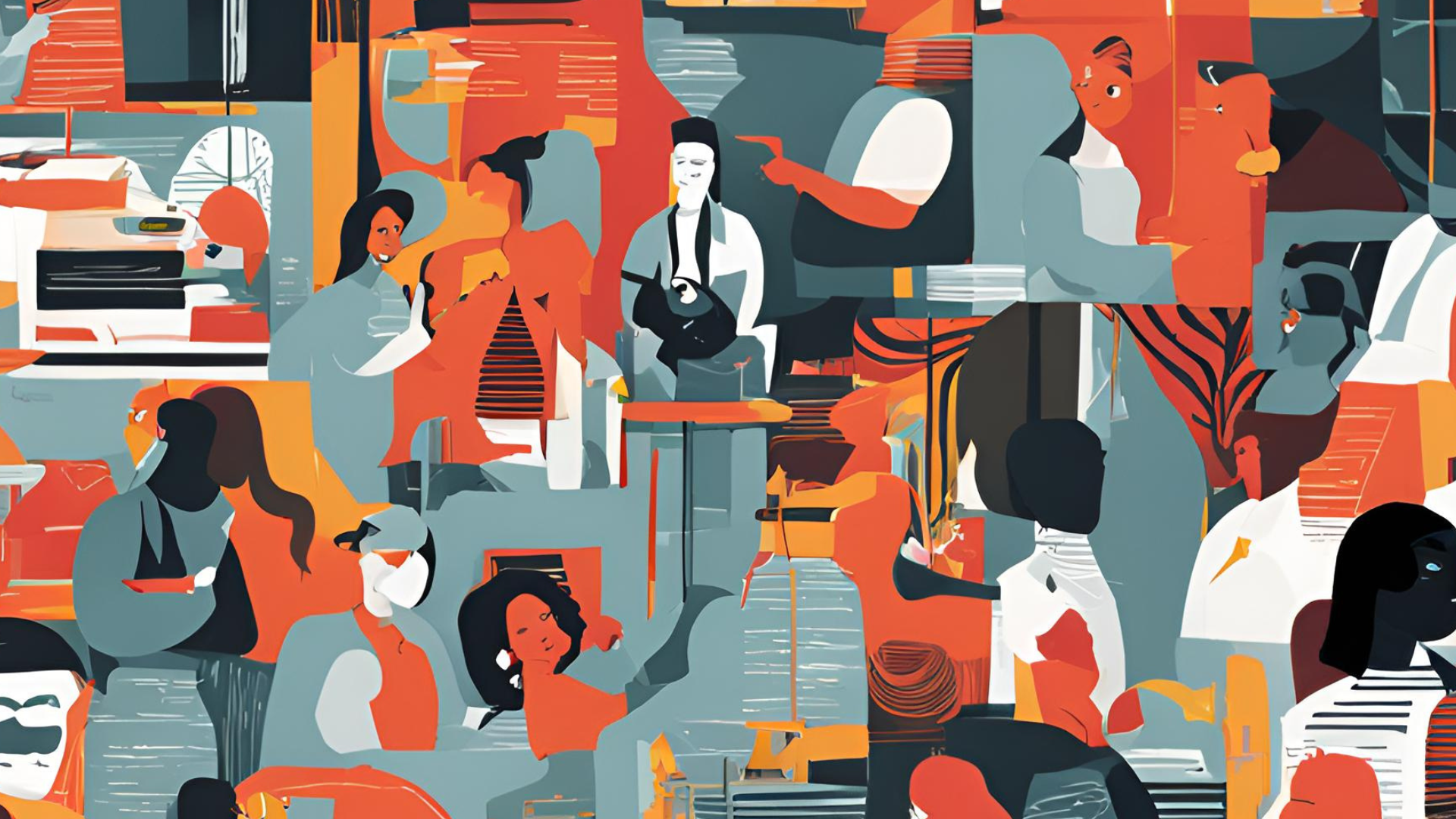
The Killing of the Mother Tongue and the destruction of development in Iran. (Part II)
Author: Mohsen Ranani. Professor of Economics, University of Isfahan and researcher in the field of development
What a paradox it is that a lot of money to preserve the writings and dead historical artifacts is spent, and at the same time a lot of money to limit and weaken the living language of the mother tongue of non-Persian-speaking Iranians is being allocated. The destruction of language leads to the destruction of culture; and the destruction of culture leads to the destruction of identity. Then, when identity is destroyed, a natural corollary is hatred and violence.
The mother tongue is a tool for the development of social capital, and its destruction means the destruction of social capital. We think that by making everything Persian in non-Persian speaking provinces, we have helped to develop social cohesion, but this is far from the the case. Imposing language creates a kind of internal resistance in the learner and prepares him/her to take revenge on the imposing group in due time.
In general, the current educational system in Iran, starting from the first year of primary school, neglects cultivating children’s existing potentials. In a period when the children’s human abilities and personal development should be formed and their communication skills strengthened and their social intelligence evolved, they are engaged in learning things they do not yet need, and all their energy and capacity is drained and destroyed along the way.
And finally, after a 12-year training course, it delivers young people full of memorized scientific information but devoid of the communication skills necessary for a rich and satisfying human life. Unfortunately, this destructive process is much more severe in the case of children of non-Persian-speaking Iranian ethnic groups. At the age when the last opportunity to develop the existential, personality and behavioral dimensions of human beings, these children face three waves of biological and social stress in their lives: first, the stress of entering school and being in a large community outside the family; Second, the stress of being forced to learn a non-native language of which they have no previous experience; And third, the stress of entering formal scientific education. This means that the child must enter adult society, learn a non-native language (Persian), and acquire knowledge using it. Do we know what negative pedagogical effects we will inflict on the children of our homeland and what damage we will do to their existential, biological and social capacities?
Discontinuing the use of the mother tongue means disconnecting the children’s emotional connection with their environment and limiting the children’s ability to express their emotions and feelings and stopping the evolutionary process of receiving their concepts and perceptions. Just as human sterilization is immoral, denying a mother tongue to a person and imposing another language on children is considered immoral or a form of personality sterilization. Compulsory education of the child in a language other than the mother tongue terminates the relationship between mother and child in the field of education, and in practice the mother is marginalized in the evolutionary process of producing concepts and perceptions of the child.
It takes a lot of time, opportunity and psychological cost for these innocent children to recover and bring about the evolutionary process of producing their concepts and perceptions and flourishing it. Language is the evolutionary tool of our understanding. Linguistic disruption creates a kind of disruption in the developmental process of children’s thinking and is an oppression of their human rights. In my opinion, in the past seventy years, we have exerted more and more linguistic tyranny towards minority groups than ever before. This is much more life-threatening than the political tyranny we have inflicted on them.
To truly shape the development process across all regions of the country, we have no choice but to recognize the local language. This is not unprecedented as for example in Switzerland there are three official languages at the same time and in South Africa there are eleven official languages.
It may be said that according to the constitution, only Persian is our official language and any change in this field depends on the amendment of the constitution. But article 15th of the constitution allows literature in local and ethnic languages to be taught in schools. It is enough for us to decide to understand this opportunity and realize it.
The organizers of the “Second Conference on the Development of Educational Justice” in the conference charter have suggested that national policymakers aim at a policy to achieve 90% coverage of preschools in the country’s bilingual provinces by 2021. Although this is a good idea, given the government’s financial problems, which will intensify from now on, the possibility of its realization is very low. This is a desirable but unattainable goal. Providing inclusive preschool services in a way that encompasses all segments of the population and different ethnic groups requires extensive organization and large budgets or very large private sector participation, all of which are unlikely to materialize.
If the government of the Islamic Republic is committed to the goal of development, it should start the developments in the field of primary education from next year. Currently, all the population in need of education in the country have access to primary school education. The most important step we need to take is to decide to shift the approach of primary education from an instruction-oriented paradigm to a nurturing-oriented paradigm. We have to accept that primary school years are the years of upbringing, and instruction in this period should become a marginal issue. Although such a change cannot be achieved within a year, if the Ministry of Education accepts the principle of this change, then it can achieve this process in six years. For example, each year one of the primary education can be changed from an education-oriented paradigm to a nurturing-oriented paradigm. It may be difficult and costly to achieve this transformation throughout the country simultaneously. This movement can start from several bilingual provinces and after one or two years of training, it will be gradually extended to other bilingual provinces and then to all the provinces of the country.
The transformation of the approach from an education-oriented paradigm to a nurturing-oriented paradigm creates the opportunity in bilingual provinces for programs related to the education and development of personal capacities and social capabilities of the children of these provinces to be conducted in their mother tongue.
In the bilingual provinces, in the first three years of primary school, it may be appropriate to put our children’s upbringing on the agenda in terms of the development of biological and personal abilities and the development of communication and social abilities in mother tongue.
In this course of time , they can also learn the culture and literature of their mother tongue to gain the opportunity to approach the flourishing boundaries of their inner consciousness’s language. Then, from the fourth year, Persian language teaching should start at a gentle pace, so that by the end of the sixth year of primary school, these children have also learned to read and write in Persian, and by entering high school, they can complete their scientific education in Persian fully.
For me, one of the important criteria that shows a government is striving for strong educational development is the way they treat their minorities and prisoners. It is in these two instances that the personality, dignity and rights of human beings stand defenseless against the rule and legal authority of the majority. Unfortunately, in the last three decades, our government has not had a good record in these two areas. We do not have much time, so now is the time to put an end to this kind of injustice.
Iran is a rainbow land of cultures, ethnicities, languages and religions. Removing any color is a step towards destroying the original fabric of the Iranian Rainbow. Our rainbow will be sustained only with the cooperation and presence of all these colors. So, long live the colors, long live our Iranian rainbow.


